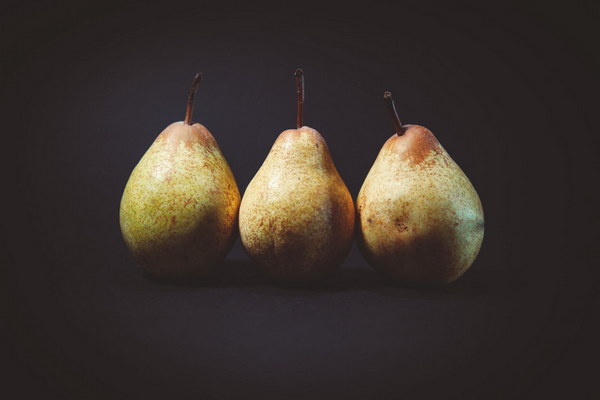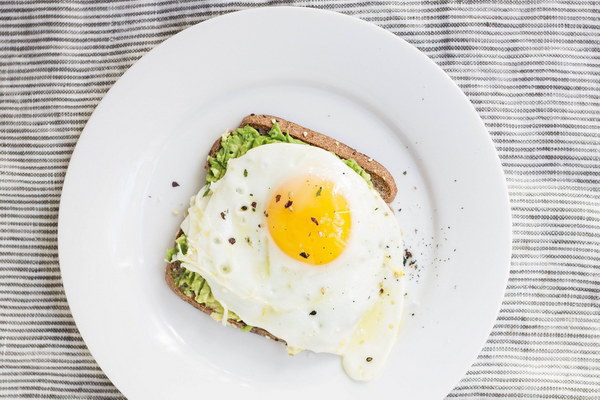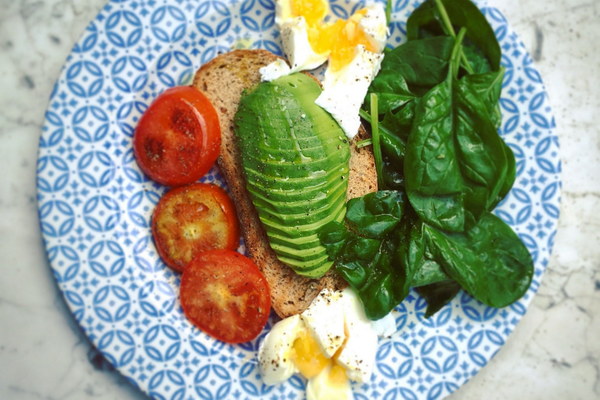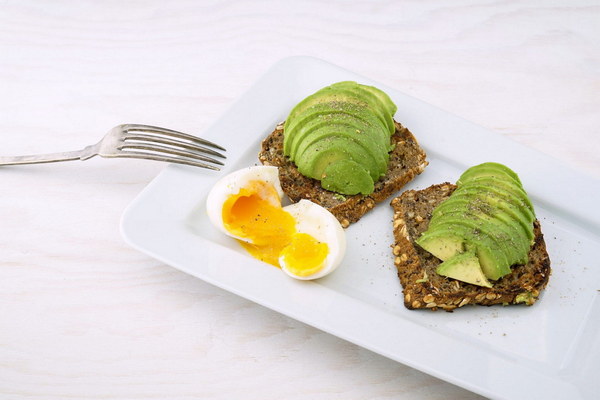Are All Herbal Tonics Soups Unveiling the Diversity of Traditional Chinese Medicine
In the realm of traditional Chinese medicine (TCM), herbal tonics have long been revered for their health benefits. While many people assume that these tonics are predominantly in the form of soups, this assumption is far from accurate. In reality, TCM offers a diverse range of herbal remedies, some of which are indeed soups, but others come in various other forms. Let's delve into the topic of whether all herbal tonics are indeed soups and explore the fascinating world of TCM.
1. The Soup Aspect of Herbal Tonics
Herbal soups, also known as Yan Sui, are a common and well-known form of herbal tonics. These soups are made by simmering various herbs and ingredients in water, creating a nutritious and flavorful broth. This method of preparation ensures that the active ingredients in the herbs are released into the water, allowing for easy absorption by the body.
Some popular herbal soup recipes include Gan Cao Decoction, which is used to nourish the spleen and stomach, and Hei Qiao Decoction, known for its cooling and detoxifying properties. These soups are often consumed daily as a preventive measure or as a means to address specific health concerns.
2. Beyond Soups: Other Forms of Herbal Tonics
While soups are a popular choice, TCM offers a variety of other forms of herbal tonics. Here are some examples:
a. Powders: Herbal powders are a convenient and easy-to-use form of herbal tonics. They are made by grinding dried herbs into a fine powder. Users can simply mix the powder with hot water or juice to create a quick and effective remedy.
b. Teas: Herbal teas are another popular form of TCM tonics. Similar to herbal soups, these teas are made by steeping dried herbs in hot water. They are often consumed as a daily drink, providing health benefits and a refreshing taste.
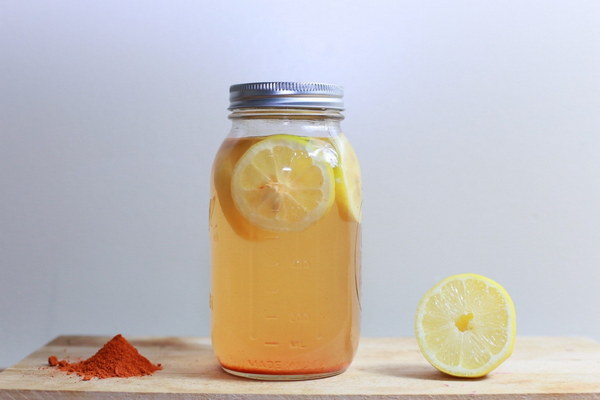
c. Capsules and Tablets: For those who prefer a more modern approach, herbal tonics are also available in capsule and tablet form. These are typically made from concentrated extracts of the herbs, ensuring a high dosage of active ingredients.
d. Plasters and Ointments: In some cases, TCM tonics can be applied topically. Plasters and ointments containing herbal ingredients are used to treat various skin conditions, muscle pain, and inflammation.
3. The Importance of Choosing the Right Form
The choice of form for an herbal tonic depends on various factors, such as personal preference, the specific health concern being addressed, and the active ingredients in the tonic. For instance, individuals with a weak digestive system may prefer capsules or tablets, while those seeking a more soothing and warming effect may opt for herbal soups.
It's important to note that while soups may be the most traditional form of herbal tonics, they are not always the most suitable option for everyone. Consulting with a TCM practitioner can help determine the best form of herbal tonic to address specific health concerns.
In conclusion, while herbal soups are a significant part of traditional Chinese medicine, not all herbal tonics are in the form of soups. TCM offers a diverse range of herbal remedies, each with its unique benefits and applications. By exploring these various forms, individuals can find the most suitable and effective herbal tonic to support their health and well-being.
